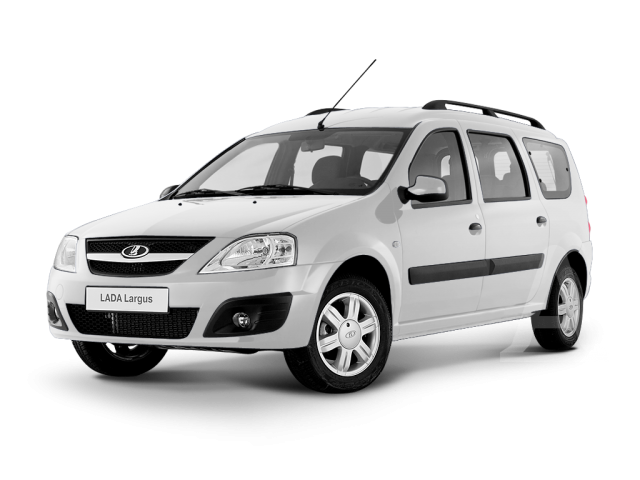
This image has format transparent PNG with resolution 640x480.
You can download this image in best resolution from this page and use it for design and web design.
Lada PNG with transparent background you can download for free, just click on download button.
Lada is a brand of cars manufactured by AvtoVAZ, a company owned by the French Groupe Renault. The first cars manufactured by AvtoVAZ, with technical assistance from Fiat, were marketed under the Zhiguli brand, allegedly chosen after it was suggested by the designer, A. M. Cherny. When the cars began to be exported on foreign markets, the Zhiguli brand was found to be inappropriate, as it was hard to pronounce for non-Russian speakers, and it was said to resemble too closely the word gigolo.
The Lada brand appeared in 1973, and it has since become the main brand for AvtoVAZ vehicles. The name Lada derived from a type of Viking longship, symbolized by the car's logo. The brand has a long history in Russia, and it is well-known in post-Soviet countries; today Lada vehicles are positioned as affordable, and as offering good value for money.
The keys to its success were: competitive price, reliability, simple DIY-friendly mechanics and unpretentious functionality. The car was built under licence in several other countries. Competitive pricing and ease of service made Ladas common as police cars, taxis and a range of public service and civil defence vehicles in many parts of Europe, Africa and the Caribbean.
The automaker AvtoVAZ was formed from a collaboration between Fiat and the Soviet Vneshtorg (Department of Foreign Trade), and based in the city of Tolyatti on the Volga river. Both sides discussed the proposal in Moscow, where Giovanni Agnelli, the owner and nephew of the founder of Fiat, and Vittorio Valletta, the president of the company, had arrived from Italy. The first preliminary agreement was signed on 1 July 1965. On 4 May 1966, the Soviet minister of automotive industry Alexander Tarasov and Vittorio Valletta put their signatures on a protocol on the scientific and technical cooperation between Fiat and the Soviet ministry. Eventually, a general agreement between the two sides was signed in Moscow on 15 August 1966.
The company began producing the VAZ-2101 in 1970, which was a more rugged version of the Fiat 124 sedan. The car was given heavier steel body panels and strengthened components, which improved reliability on the bumpy roads and in the harsh winters of the Soviet Union, In Fiat's documents the prototype of the car was named Fiat-124R, where 'R' stood for Russia.
Since the original Fiat engine did not have any space for modernisation, which was considered as unacceptable by AvtoVAZ, it was replaced with a newer overhead camshaft motor. The car was equipped with rugged drum brakes, as the latter proved to be more reliable on poor roads, and more reliable and up-to-date frontal and rear suspensions, along with increased ground clearance, modernised transmission, recessed door handles. The work on the new car was conducted by joint groups of NAMI and Fiat engineers, who worked together in Turin and Tolyatti. By the spring of 1970, AvtoVAZ had formed its own team of experienced designers and engineers and worked independently.
The VAZ-2101 was sold under the brand "Zhiguli" in the Soviet Union, and branded as "Lada" for export. The name "Lada" was derived from a type of Viking longship, symbolized by the logo badge. Due to the scarcity of auto repair shops in the Soviet Union, Ladas were designed to be easily maintained by owners. The rugged Lada was popular in Europe, Canada and South America for customers looking for more affordable alternatives to local brands, and sales of the new cars were extremely successful, reaching as far as New Zealand. In the West, their construction was frequently described as cheap and that inspired jokes at the car's expense; nonetheless, Lada "gained a reputation as a maker of solid, unpretentious and reliable cars for motorists who wanted to drive on a budget". Today the reputation of the brand is relatively low, though it has been quickly improving in recent years.
In this page you can download free PNG images: Lada PNG images free download